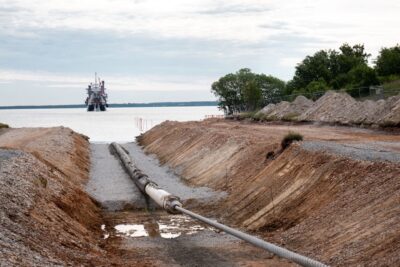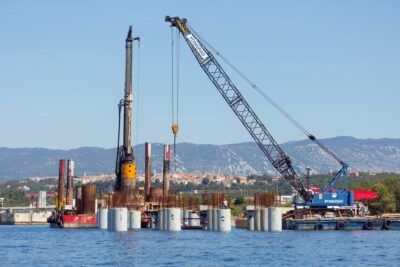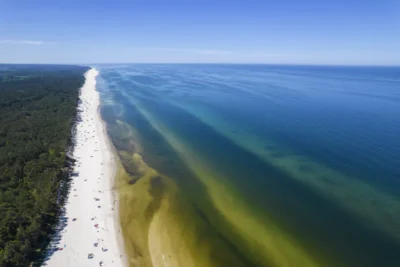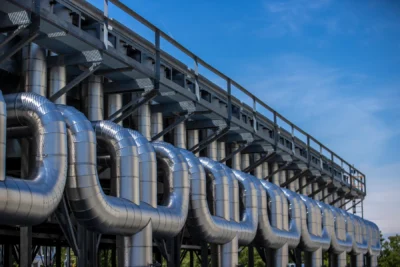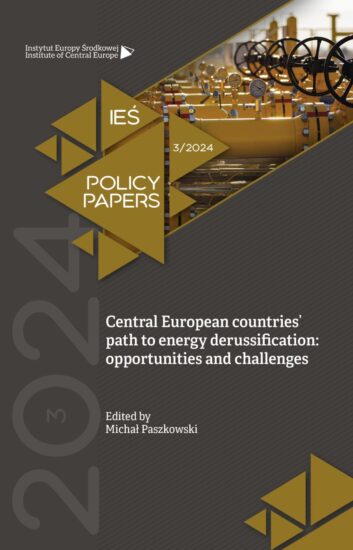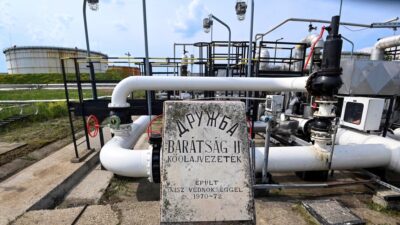Estonia: the concept of a ‘personal state’
In 2024, Estonia, one of the world’s leaders in digitalisation, announced the next stage in the development of its public administration. The concept of a ‘personal state’ (Est. personale riik) is intended to elevate the relationship between citizens and the administration to a new level. The state aims not only to respond to citizens’ needs, but also to anticipate...
More →

